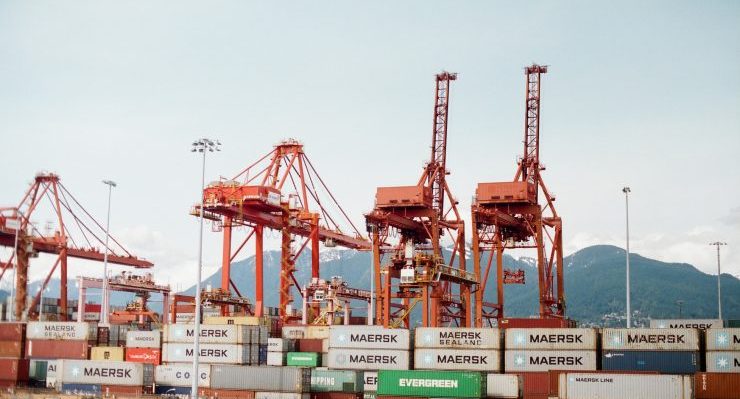
After several years of warnings from the Productivity Commission on the enormous problems caused by Australia’s abuse of anti-dumping to prop up inefficient industries, some sections of the media have finally worked out it’s a problem.
It’s almost as if Australians haven’t been able to quite believe we’re not the innocent, plucky little free traders and honest brokers in a corrupt world trade system that we tell ourselves we are. It turns out we’re one of the bad guys — along with everyone else.
And now we know that years spent slapping punitive tariffs on imports using confected claims that products have been “dumped” doesn’t just have a downside for Australian business and consumers who have to pay more for products, it also prompts the targets of our protectionism to hit back under both anti-dumping and other protectionist counter-measures.
Australia’s barley farmers and abattoirs will now pay the price for years of propping up our steel and aluminium industries as a more truculent China moves to punish us. The cost will spread beyond the construction industry — which coughs up more than $400 million a year to keep inefficient heavy manufacturing going — to primary producers.
But Australia will also pay a higher price because of the damage done to our strategic interests by the Anti-Dumping Commission.
We are now locked in a very difficult and damaging battle with the Beijing dictatorship over its role in inflicting a catastrophic pandemic on the world.
It is vital to Australia’s economic interests that the Chinese government’s disastrous response to the emergence of COVID-19 is not repeated in future epidemics. Any process that will help prevent that is not merely valid, but necessary.
However, Australia leaves itself badly open to reprisals by Beijing not merely because of our strong trade links with China, but because we have consistently targeted it with an unfair, arbitrary and mostly fictional policy of stopping importers from providing cheap goods to Australian businesses and consumers.
We’re not coming to the brawl with China with clean hands — not with hundreds of anti-dumping investigations aimed at China, and dozens of punitive tariffs slapped on Chinese products in the past decade, all while both major political parties boasted of how hairy-chested they were on dumping.
In short, the Anti-Dumping Commission is damaging to Australia’s national interests and inhibits us from prosecuting those interests effectively in dealing with China.
Rather than constantly increasing anti-dumping actions, the commission should be abolished and the sin of importers daring to offer cheap products to Australians decriminalised.
Australian businesses and consumers will be the immediate winners: a $400 million a year tax on the construction industry would be removed and consumers would pay less for grocery staples.
But Australia would enter global trade disputes a lot more like the honest broker that we tell ourselves we are — and we could deal with China without the waters being muddied by tit-for-tat anti-dumping actions.
Of course, that won’t happen. Both sides of politics think it’s in their electoral interests to ostentatiously punish the crime of cheap imports, and powerful business interests and trade unions back them (normally bitterly enemies, business and unions are close allies when it comes to protectionism).
But as the Productivity Commission has explained in detail so often, the best, most rewarding kind of trade reform a country can undertake is to unilaterally remove tariffs. And courtesy of the Anti-Dumping Commission, we have a whole host of them in place.








Crikey is committed to hosting lively discussions. Help us keep the conversation useful, interesting and welcoming. We aim to publish comments quickly in the interest of promoting robust conversation, but we’re a small team and we deploy filters to protect against legal risk. Occasionally your comment may be held up while we review, but we’re working as fast as we can to keep the conversation rolling.
The Crikey comment section is members-only content. Please subscribe to leave a comment.
The Crikey comment section is members-only content. Please login to leave a comment.